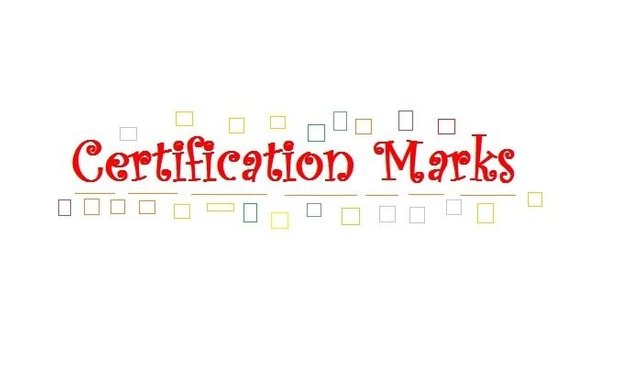The Ultimate Guide to Certification Marks Unlocking Their Value
Decoding Certification Marks: A Brief Overview
Certification marks serve as seals of approval from credible authorities, indicating that a product, service, or individual meets set standards of quality, performance, or compliance. These symbols, recognized globally, assure consumers of the item's reliability and safety.
https://rotbebandi.co/%D8%A7%D8%B3%D8%AA%D8%A7%D9%86%D8%AF%D8%A7%D8%B1%D8%AF/
The Importance of Certification Marks
These marks bridge trust gaps between manufacturers and consumers. They symbolize quality assurance and regulatory compliance, making them crucial in decision-making processes. For businesses, acquiring a certification mark can differentiate products in a saturated market, enhancing brand reputation and consumer confidence.
Types of Certification Marks and Their Industries
Various industries leverage certification marks, each tailored to specific standards. For example, the tech industry relies on marks ensuring electronic device safety, while the food industry uses organic and non-GMO labels to signify quality and ethical practices.
The Process of Obtaining a Certification Mark
Securing a certification mark involves several steps. Initially, an entity must comply with the certifying body's standards. This is followed by an application process, which includes thorough evaluations and testing of the product or service. Once approved, ongoing compliance checks ensure standards are maintained.
Benefits for Businesses and Consumers
For businesses, certification marks enhance marketability and can lead to increased sales and customer loyalty. Consumers, on the other hand, benefit from the assurance of quality, safety, and ethical standards, making informed purchasing decisions easier.
Navigating Challenges: Compliance and Cost
Obtaining certification can be challenging. It requires adherence to strict standards and, often, a significant financial investment. However, the long-term benefits, including market differentiation and consumer trust, usually outweigh these initial hurdles.
Future Trends in Certification Standards
As consumer awareness and demand for transparency grow, the role of certification marks is evolving. Future trends may include a focus on sustainability, digital security, and global harmonization of standards, reflecting the changing priorities of both businesses and consumers.
Certification marks are pivotal in today’s consumer landscape. They not only signify quality and safety but also support ethical and environmental standards, shaping the future of global commerce. Businesses seeking to elevate their brand and consumers looking for assurance in their purchases would do well to understand and value the importance of these marks.
Leveraging Certification Marks for Competitive Advantage
In the competitive landscape of modern commerce, certification marks are not just symbols of assurance; they are strategic tools for differentiation. By leveraging these marks, businesses can position themselves as leaders in quality, innovation, and ethical practices.
Strategic Steps for Maximizing Certification Impact

Marketing and Communication: Effectively communicating the value of certification marks through marketing campaigns can enhance brand perception. Highlighting these certifications on product labels, websites, and promotional materials educates consumers on the benefits, thereby influencing purchasing decisions.
Consumer Engagement: Engaging with consumers through social media and other platforms to explain the significance of these marks can foster a deeper connection. It's an opportunity to share the story behind the certification and the company’s commitment to standards.
Continuous Improvement: Maintaining a certification mark is not a one-time achievement. Continuous improvement and adherence to evolving standards demonstrate a commitment to excellence and can lead to higher consumer trust and loyalty.
Certification Marks as Indicators of Future Trends
The evolution of certification marks reflects broader societal shifts. Increasingly, they are seen not just as indicators of quality or safety but as symbols of sustainability, ethical manufacturing, and social responsibility. This shift aligns with consumer expectations, particularly among younger demographics who prioritize these values in their purchasing decisions.
Navigating the Global Landscape
In a globalized market, certification marks also play a crucial role in cross-border trade. They can facilitate market entry by demonstrating compliance with international standards, reducing barriers and simplifying regulatory processes. However, companies must navigate a complex landscape of varying standards and certifications across different regions.
Conclusion: The Strategic Value of Certification Marks
In conclusion, certification marks are powerful assets for businesses aiming to thrive in today's dynamic market. They offer a competitive edge by assuring quality, safety, and compliance with ethical standards. For consumers, these marks are beacons of trust and indicators of value, guiding informed choices in a crowded marketplace.
By strategically leveraging certification marks, businesses can not only meet current consumer expectations but also anticipate future trends, positioning themselves as leaders in their industries. The journey towards certification might present challenges, but the rewards in brand distinction, consumer loyalty, and market access are invaluable.